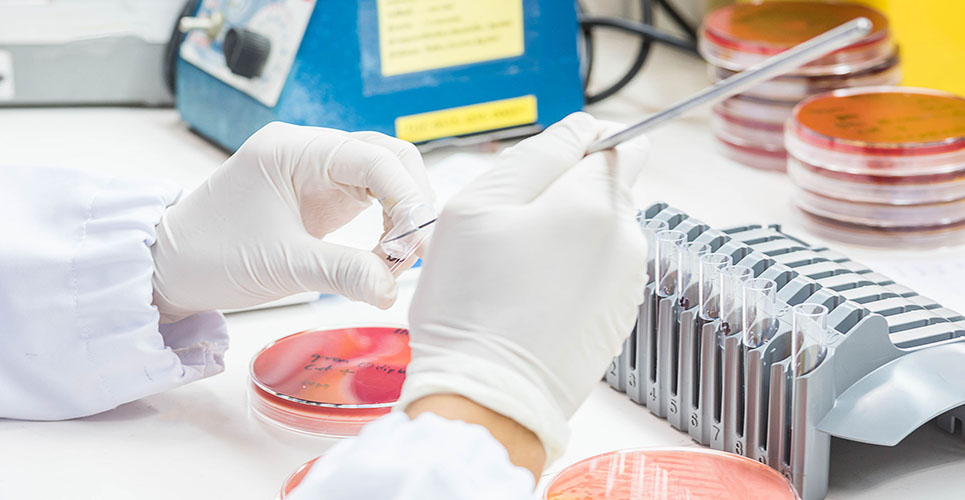teaser
A hand-held device that may help prevent adverse reactions to prescribed drugs is being tested by scientists at Imperial College London and its spin-out company DNA Electronics.
The SNP (pronounced snip) Doctor can analyse a DNA sample to determine if a patient has an appropriate “genetic fit” for a particular drug.
The BlackBerry-sized Snip examines known single nucleotide polymorphisms (SNPs) – single-letter changes in the genetic code – that might affect an individual’s response to treatment.
It is estimated that the NHS spends £460 million a year dealing with 250,000 patients who are suffering from the sometimes severe side effects of prescribed drugs.
By predicting the likelihood of a bad response to drugs such as antidepressants or statins, doctors would be able to tailor drug types dosages to individual patients.
Dr Leila Shepherd, chief technology officer at DNA Electronics, said that introducing the device to GPs’ surgeries could help new drugs to reach patients.
“At the moment, some cancer-fighting drugs are deemed uneconomical because they only work for a certain subset of patients,” she said. “If doctors had a method of screening patients to see whether these drugs work, then suddenly these therapies would be more cost effective to use.”
Copyright Press Association 2009

